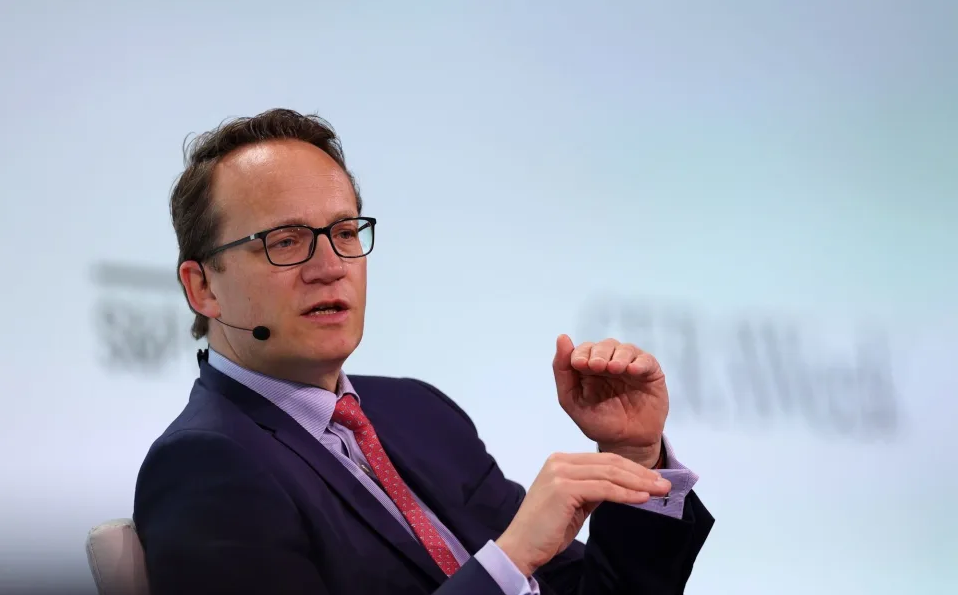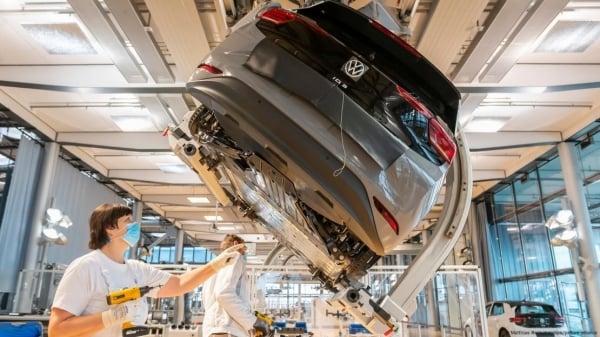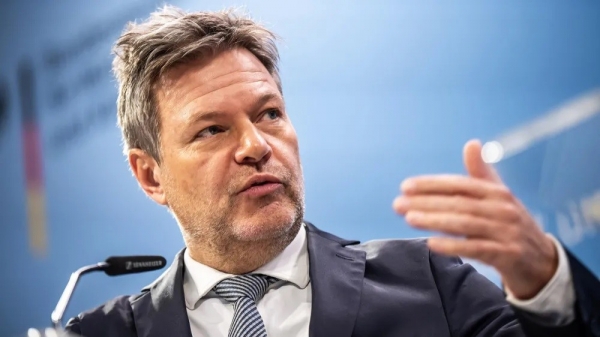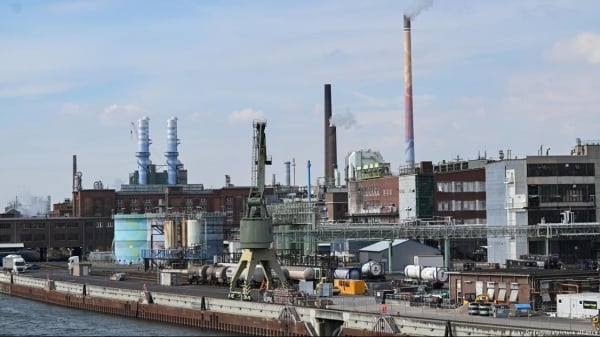German industry has prospered, in part, thanks to its close energy trade with Russia. But that has changed rapidly since Russia launched its “special military operation” in Ukraine more than two years ago and the subsequent interruption of cheap gas supplies from Moscow to Berlin.
Before the conflict, Germany imported 55% of its gas supplies from Russia. Moscow was also Berlin's main source of oil and coal imports.
Since then, the western European country has largely weaned itself off Russian gas. Germany will cut its gas imports by 32.6% by 2023, largely due to cuts in supplies from Russia, the German energy regulator said.
Now, the head of one of Germany's largest renewable energy companies is expressing concern that the industry that is the backbone of the country's economy is at a "disadvantage" due to volatile gas prices.
Although gas prices in Europe have fallen significantly, down 90% from their 2022 peak, they are still nearly two-thirds higher than in 2019, according to a report by commodity pricing agency Argus. After turning away from Russian gas, Europe’s powerhouse economy has become reliant on more expensive imports of liquefied natural gas (LNG). The impact on German industry is already evident and could be long-lasting.
Markus Krebber, CEO of renewable energy company RWE, recently said that German industry is unlikely to recover to pre-conflict levels.
“You will see a little bit of a recovery, but I think we will see a significant structural decline in demand in energy-intensive industries,” Mr Krebber told the Financial Times last week.

Mr. Markus Krebber, CEO of renewable energy company RWE (Germany). Photo: Yahoo!Finance
Analysts have painted a bleak picture for Europe’s largest economy. Five leading German economic research institutes recently cut their growth forecasts for the country, saying German gross domestic product (GDP) will grow by just 0.1% this year due to a slump in exports.
Berlin insists it is pouring money into transforming its economy, positioning it to gain major competitive advantages in the future in a carbon-neutral world.
But Germany's industrial stagnation has become a politically sensitive subject, with the country's influential industrial lobby, the BDI, criticizing "dogmatic" green policies that are hitting manufacturers.
Samantha Dart, head of gas research at Goldman Sachs, sees it difficult for industrial capacity in Europe to return to pre-conflict levels. She says more stable gas prices and better economic conditions will boost some demand, but “getting back to pre-crisis levels” is a much bigger challenge.
At the same time, manufacturers are shifting to the US. FDI Markets analysis shows that German companies have nearly tripled their investment in the US by 2023 to $15.7 billion.
The downturn in German industry is the cause of capital flows to the US, and President Joe Biden's Inflation Reduction Act (IRA), which provides large subsidies for startups, is a strong catalyst.
Major German automakers such as Volkswagen and Mercedes-Benz have stepped up their commitments in the US. Meanwhile, RWE announced a new US subsidiary called RWE Clean Energy, following the completion of its acquisition of Con Edison Clean Energy. The German company has earmarked $15 billion to invest in its US operations.
“In the US, you have a coherent and comprehensive policy to encourage manufacturing to come here,” Mr Krebber, CEO of RWE, told the Financial Times. “Europe has the same intention but has not yet taken the right steps . ”
Minh Duc (According to Financial Times, Fortune)
Source




![[Photo] Closing of the 11th Conference of the 13th Central Committee of the Communist Party of Vietnam](https://vstatic.vietnam.vn/vietnam/resource/IMAGE/2025/4/12/114b57fe6e9b4814a5ddfacf6dfe5b7f)

![[Photo] Overcoming all difficulties, speeding up construction progress of Hoa Binh Hydropower Plant Expansion Project](https://vstatic.vietnam.vn/vietnam/resource/IMAGE/2025/4/12/bff04b551e98484c84d74c8faa3526e0)






















































































Comment (0)